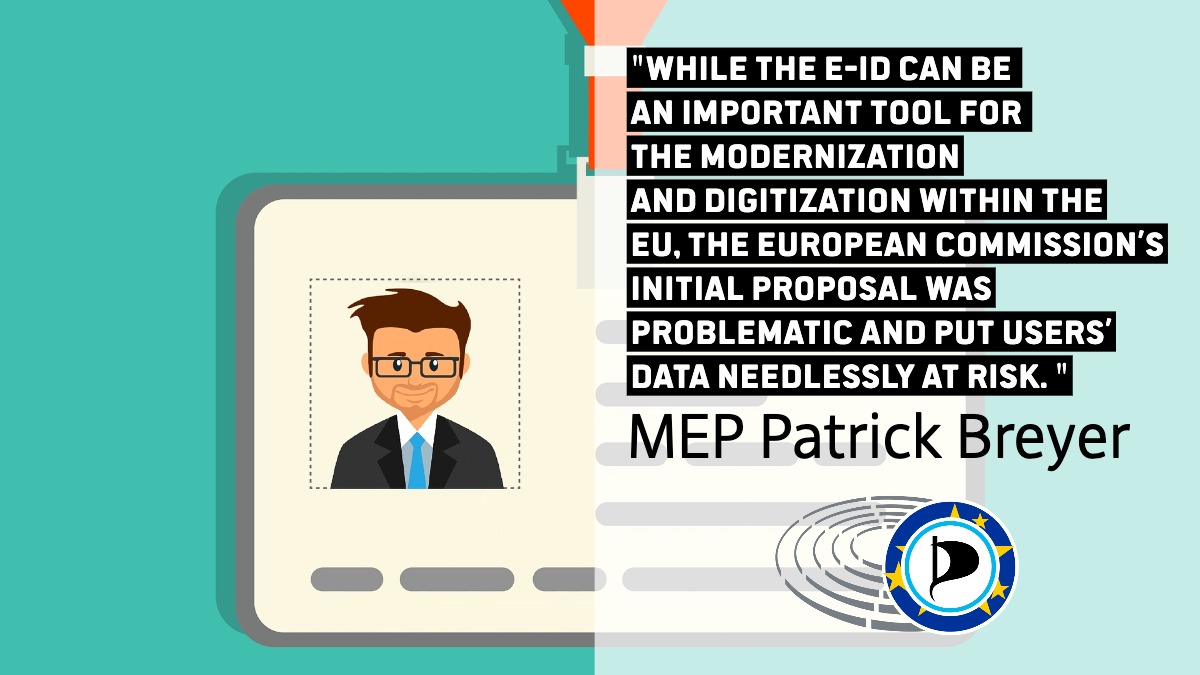
The Pirate Party: A Global Grass-Roots Movement for Modern Democracy
In the last ten years, a new political force has emerged around the world: the Pirate Party. Originating in Sweden in 2006, the Pirate Party’s message of digital freedom, transparency, and participatory democracy has resonated with young people, activists, and netizens across the globe. Today, the Pirate Party has branches in over 40 countries, with elected representatives in several European countries. This article explores the origins, principles, and impact of this new movement on global democracy.
The Rise of the Pirate Party
The Pirate Party burst onto the scene in Sweden in 2006, in response to the Swedish government’s passage of a controversial law allowing warrantless wiretapping of citizens. The new party quickly gained popularity among young voters, libertarians, and tech-savvy activists who were concerned about digital rights and civil liberties. In the 2009 European Parliament elections, the Pirate Party won 7.1% of the vote in Sweden, earning one seat in the European Parliament.
The Origins of the Pirate Party Movement
The Pirate Party Movement is a global phenomenon that emerged in response to a growing dissatisfaction with traditional politics and a desire for more direct democracy. The Pirate Party’s origins lie in the file-sharing movement of the early 2000s, which saw the rise of peer-to-peer networks and the spread of digital content across the internet. The Pirate Party was born out of this movement, as its founders saw the need for a political force that would defend digital rights, promote open access to information, and fight against copyright monopolies.
The Pirate Party’s Core Principles
The Pirate Party’s core principles are based on four pillars: civil rights, free culture, direct democracy, and transparency. The party advocates for the protection of civil liberties, such as freedom of speech, privacy, and due process. It also promotes the free circulation of information and culture, opposing restrictive copyright laws and patent monopolies. The Pirate Party is committed to direct democracy, where citizens are empowered to make decisions through participatory processes, rather than relying on representatives. Finally, the party promotes transparency in government, calling for open access to government data and decision-making processes.
How the Pirate Party is Revolutionizing Politics
The Pirate Party is revolutionizing politics by challenging traditional power structures and promoting a more participatory, grassroots approach to democracy. The party has been successful in using digital tools and social media to engage with voters and mobilize support. This decentralized approach to politics has enabled the Pirate Party to quickly adapt to changing circumstances, respond to new challenges, and build a strong base of support.
Challenges Faced by the Pirate Party
The Pirate Party faces several challenges that could limit its growth and impact. One of the main challenges is the lack of a clear ideological or policy framework, which makes it difficult for the party to attract a broader base of support beyond its core constituency. The party also faces opposition from established political parties and powerful interest groups, who see the party’s message as a threat to their power and influence.
The Pirate Party’s Impact on Global Democracy
The Pirate Party has had a significant impact on global democracy by promoting a more participatory, open, and transparent approach to politics. The party has inspired other activists and movements around the world to take up the cause of digital rights and civil liberties, and has put pressure on traditional parties to adopt more progressive policies. The Pirate Party’s influence is particularly strong in Europe, where it has won seats in several national and European parliaments.
The Future of the Pirate Party Movement
The future of the Pirate Party movement is uncertain, as the party faces increasing competition from other progressive movements and parties. However, the party’s commitment to digital rights, civil liberties, and direct democracy remains as strong as ever, and its influence is likely to continue to grow. The Pirate Party’s ability to adapt to changing circumstances and engage with voters through digital tools could make it a powerful force in the years to come.
The Pirate Party’s Influence on Traditional Parties
The Pirate Party’s influence on traditional parties has been significant, as it has forced them to adopt more progressive policies on issues such as digital rights, privacy, and participatory democracy. The party has also challenged traditional party structures by promoting a more decentralized, grassroots approach to politics. However, the Pirate Party’s impact on traditional parties has been limited, as it has struggled to attract a broader base of support beyond its core constituency.
Lessons Learned from the Pirate Party’s Successes and Failures
The Pirate Party’s successes and failures offer several lessons for other progressive movements and parties. One key lesson is the importance of grassroots organizing and digital engagement in building a strong base of support. Another lesson is the need for a clear ideological and policy framework that can attract a broader base of support beyond a party’s core constituency. Finally, the Pirate Party’s experience highlights the challenges of operating in a political environment dominated by established parties and powerful interest groups.
Joining the Pirate Party: How to Get Involved in the Movement
If you are interested in joining the Pirate Party, the first step is to find your local branch and get involved in your community. The party relies heavily on grassroots organizing and digital engagement, so there are many opportunities to get involved and make a difference. Whether you are a tech-savvy activist or simply concerned about civil liberties and democracy, the Pirate Party offers a unique opportunity to get involved in a global movement for change.
The Pirate Party is a global grassroots movement that is revolutionizing politics by promoting digital rights, civil liberties, direct democracy, and transparency. Despite facing numerous challenges, the party has had a significant impact on global democracy and has inspired other progressive movements and parties around the world. The Pirate Party’s commitment to decentralized, grassroots organizing and digital engagement offers valuable lessons for other progressive movements and parties. Whether you are a tech-savvy activist or simply concerned about civil liberties and democracy, the Pirate Party offers a unique opportunity to get involved in a global movement for change.





